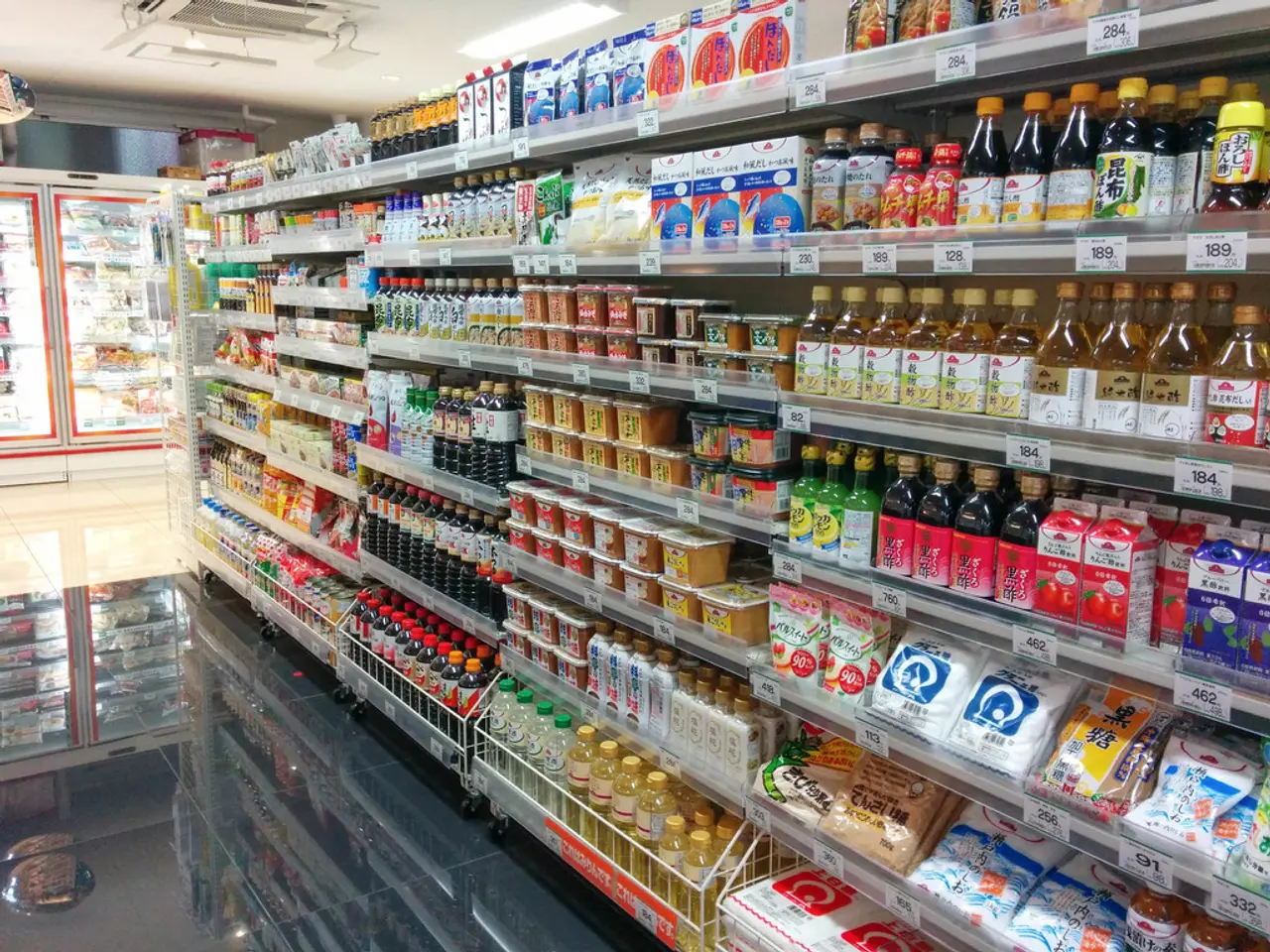Unaddressed Complaints: An Examination of Customer Grievances on Bolt, inDrive, and Uber Transportation Services
In the bustling cities of Africa, ride-hailing services like Uber, Bolt, and inDrive have become a popular mode of transportation. The Nigerian ride-hailing market is projected to generate revenue of $303.1 million in 2025, growing at an annual rate of 11.9%. However, as the demand for these services increases, so do the complaints from users.
Oluwatobi Afolabi, a Lagos resident, shared her experience of taking an inDrive trip in March 2025. The driver ignored directions, grumbled throughout, and dropped her off late. Afolabi contacted inDrive and was told to block the number and that the driver's account had been restricted. Yet, there was no follow-up from the company, not even after she reached out to the company's country manager on LinkedIn.
Esther*, another user, was verbally assaulted by an inDrive driver over the fare and ordered out of the car in Ibadan. She wished for a more "empathetic, human response" to her complaint. Ifeanyi Anah's most recent inDrive ride in Lagos ended in chaos, with the driver raising his hand at her friend during an argument.
Chijioke Ephraim, a Lagos-based driver for Uber, was repeatedly blocked from taking trips without explanation. Oluwatobi Afolabi deleted her inDrive account after her doxxing episode with drivers on the app. Some users have created their own safety nets, such as sharing plate numbers with friends before going on a trip or cancelling rides when they sense aggression.
Both companies maintain that users can report incidents via in-app tools, email, or by visiting their offices, and that specialised teams handle the most serious cases. The investigation includes reaching out to both parties for statements, reviewing trip data, location history, and assessing prior reports. For serious or safety-related complaints, the implicated driver is often temporarily suspended from accepting trips pending the investigation outcome.
In extreme cases, such as dangerous neighborhoods reported by drivers in Lagos, Bolt collaborates with local authorities and warns drivers in-app about unsafe ride requests. Bolt also addresses process gaps by providing follow-up calls, apologies, or insurance-backed reimbursements, especially when users experience losses.
However, users often describe the resolution process for complaints as patchy, opaque, or non-existent. Some report cold or robotic responses, believing that their complaints were being handled by automated systems rather than real people. The 0.01% of unresolved or mishandled complaints for inDrive, with over 200 million global downloads, can quickly add up to thousands of complaints.
Many users turn to social media as a last resort to share their stories, but often receive silence in response. Some have resorted to creating their own safety nets, such as sharing plate numbers with friends before going on a trip or cancelling rides when they sense aggression.
Despite these challenges, the companies continue to emphasize safety and issue resolution. They implement a tiered complaint management system, with specialized teams investigating serious complaints through data review and direct communication. They also engage with local authorities when necessary and maintain user communication until resolution, though effectiveness and user satisfaction with the process vary.
*Name changed for privacy reasons.
Technology plays a significant role in the resolution process for complaints, as both Uber and inDrive provide in-app tools for users to report incidents. However, some users have expressed frustration with the perceived impersonal nature of these systems, with complaints often going unresolved or being handled by automated responses.




